The Johns Hopkins Briefing
In this series, experts provide timely analysis and insights about topics of national and global importance and engage in real-time Q&A with the audience. The Office of Interdisciplinary Initiatives hosts the series.
Recent event
U.S. Presidential Debates
Tuesday, June 25 | 1–1:45 p.m. EDT
In this live, virtual briefing, Johns Hopkins University experts discussed the history of U.S. presidential debates, their importance, and what to watch for in this year’s debates.
Participants
The following experts participated:
- Lilliana Mason, the moderator, is a political scientist whose research focuses on partisan identity, partisan bias, and American social polarization.
- Andrew Perrin, is a cultural and political sociologist. His current research is on public opinion and democratic citizenship.
- Peter Pomerantsev, is a researcher who works on overcoming the challenges of digital era disinformation and polarization.
- Leah Wright Rigueur, is a historian of 20th century U.S. political and social history. Her research focuses on race and political ideology, the American presidency, and presidential elections.
PAST Events
-
 Play Video: The solar eclipse
Play Video: The solar eclipseExperts discuss the April 8 solar eclipse, the science behind it, and the elements that will make it a singular viewing experience for millions of people / April 5, 2024
-
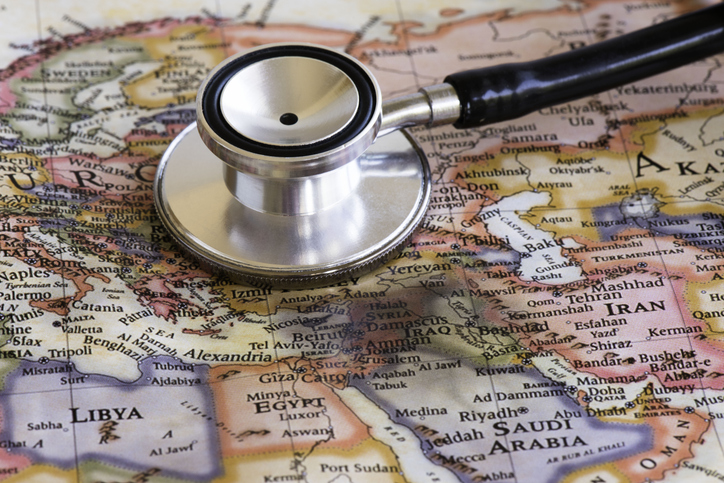 Play Video: Crisis in the middle east: humanitarian health
Play Video: Crisis in the middle east: humanitarian healthExperts discuss humanitarian health issues related to the crisis in the Middle East / Nov. 14, 2023
-
 Play Video: Breaking events in the middle east
Play Video: Breaking events in the middle eastExperts offer perspective and analysis of the breaking events occurring in the Middle East / Oct. 10, 2023
-
 Play Video: Could Chat GPT upend education?
Play Video: Could Chat GPT upend education?Experts discuss the challenges and opportunities of ChatGPT in the classroom and what the future of education may look like / Sept. 19, 2023
-
 Play Video: Wildfires and air quality
Play Video: Wildfires and air qualityExperts discuss air quality concerns stemming from wildfires, their health impact, and how to combat them in the future / June 9, 2023
-
 Play Video: Prescription drug shortages
Play Video: Prescription drug shortagesExperts give an overview of the current crisis and discuss possible solutions, supply chain challenges, implications for cancer treatment, and more / June 2, 2023
-
 Play Video: The end of the federal COVID emergency
Play Video: The end of the federal COVID emergencyExperts discuss the implications of the conclusion of the federal public health emergency for COVID-19 treatment, vaccines, and data collection / May 10, 2023
-
 Play Video: Advances in artificial intelligence: Defining a new era
Play Video: Advances in artificial intelligence: Defining a new eraExperts explore the latest developments in artificial intelligence, including AI language learning programs such as ChatGPT, disinformation campaigns, ethical concerns, and AI in health care / Feb. 14, 2023
-
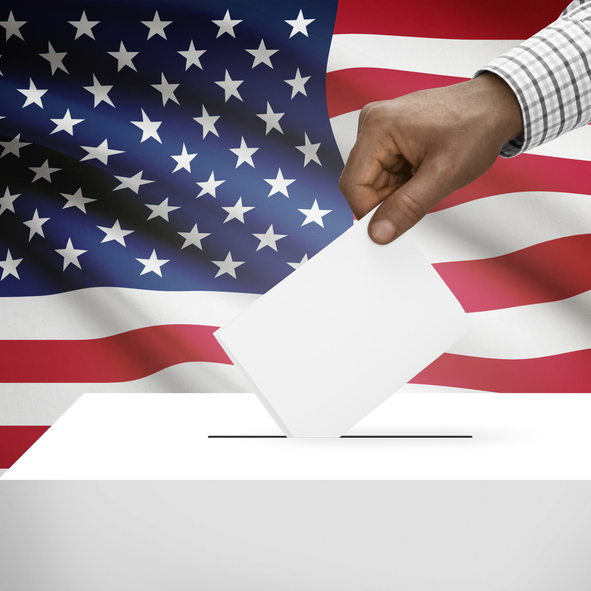 Play Video: Midterm elections: Implications for public policy
Play Video: Midterm elections: Implications for public policyExperts explore potential policy and political changes resulting from the 2022 U.S. midterm elections; topics covered included climate, health care, education, and international relations / Nov. 16, 2022
-
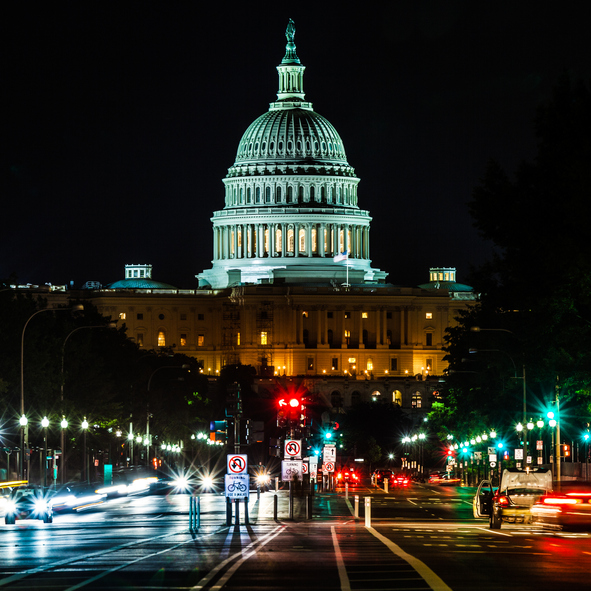 Play Video: Midterm elections: Implications for democracy
Play Video: Midterm elections: Implications for democracyExperts examine civic participation and voter turnout in the 2022 U.S. midterms, social polarization, the crisis of liberal democracy, protest and unrest, and historical context / Nov. 10, 2022
-
 Play Video: The James Webb Space Telescope and a New Era of Scientific Discovery
Play Video: The James Webb Space Telescope and a New Era of Scientific DiscoveryExperts discussion why the James Webb Space Telescope was built, what was required to get it ready for science operations, JWST’s first year of observations, and the future of its science mission / Sept. 23, 2022
-
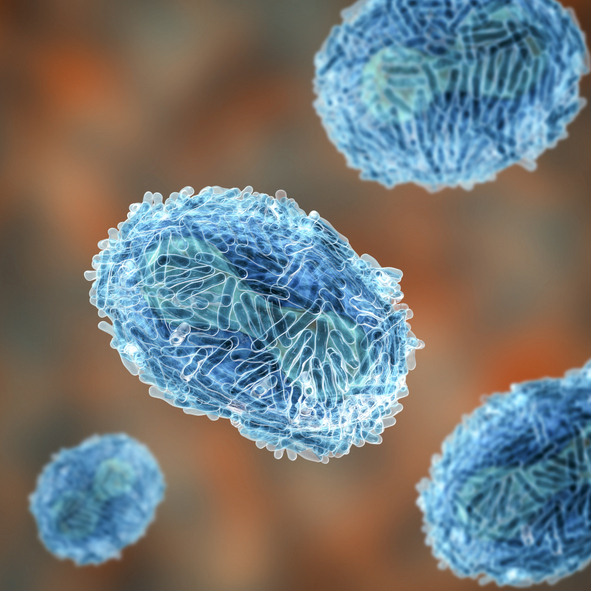 Play Video: The global monkeypox outbreak
Play Video: The global monkeypox outbreakExperts explore monkeypox prevention and treatment, how monkeypox is transmitted and ways to contain its spread, the social context for monkeypox and ways to reduce stigma around the outbreaks, and the availability and distribution of monkeypox vaccines / Aug. 10, 2022
-
 Play Video: Responding to gun violence with effective and fair solutions
Play Video: Responding to gun violence with effective and fair solutionsExperts explore the challenge gun violence poses for American democracy, which gun laws are effective, Extreme Risk Protection Orders and how they can help to prevent gun violence, and more / June 2, 2022
-
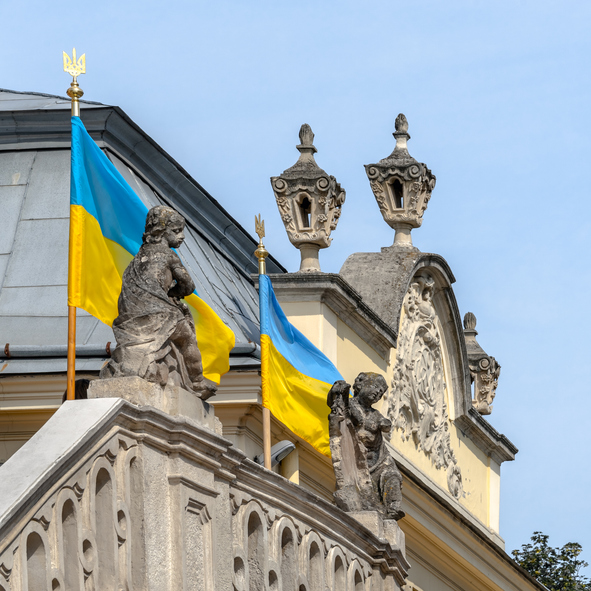 Play Video: War in Ukraine: Perspectives on a Global Crisis
Play Video: War in Ukraine: Perspectives on a Global CrisisExperts explore the likely consequences of the crisis for international order, the conflict’s impacts on global food systems and food security, and the war’s effects on European politics and the European Union / May 17, 2022
-
 Play Video: War in Ukraine: Perspectives on a Global Crisis
Play Video: War in Ukraine: Perspectives on a Global CrisisExperts discuss the historical backstory to the conflict and the significance of this moment in history, the human costs of the war and the evolving humanitarian crisis, and more / March 30, 2022